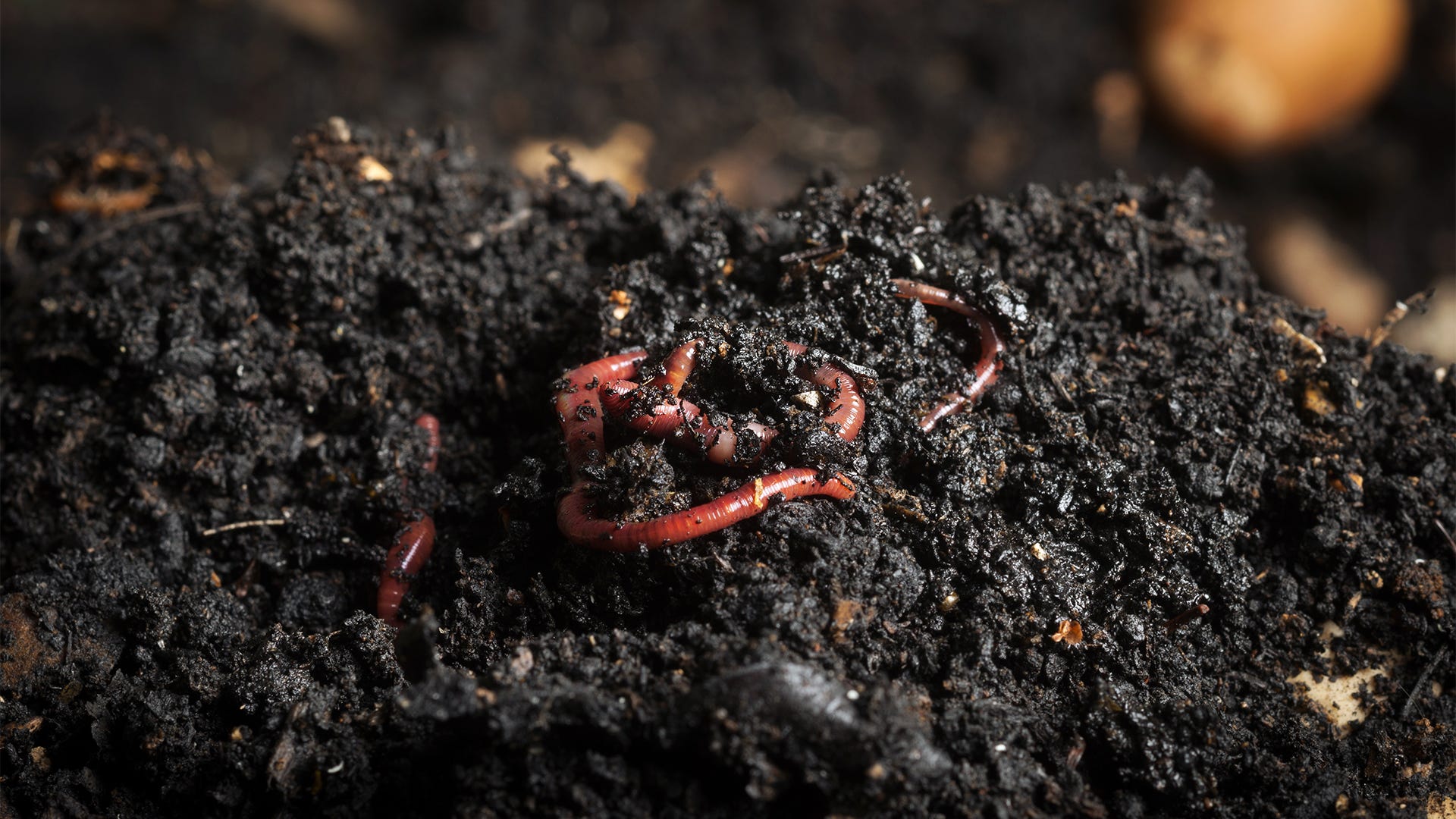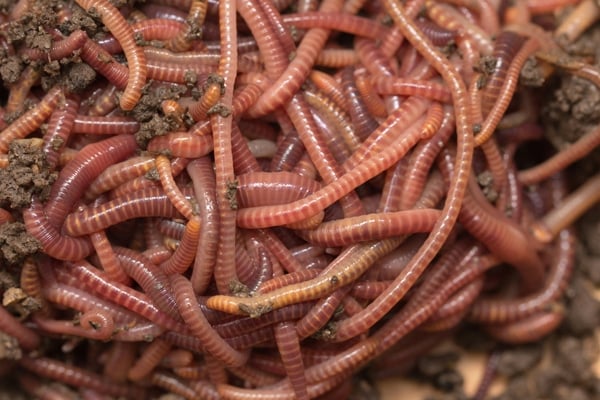Composting red worms: Tips for success
Composting red worms: Tips for success
Blog Article
Why Red Wigglers Are Necessary for Organic Farming
Red wigglers play a critical role in organic farming, mainly through their one-of-a-kind ability to disintegrate natural products and enhance dirt health and wellness. Their activity not just enriches the dirt with necessary nutrients but additionally promotes a successful community crucial for lasting agriculture. The physical processes they involve in, such as aeration and wetness retention, contribute dramatically to improved plant yields. Nonetheless, the extent of their impact on agricultural methods and dirt biology increases intriguing concerns regarding the future of organic farming. What effects might this have for farming methods?
Duty of Red Wigglers in Dirt Wellness

In addition, red wigglers boost dirt framework by producing networks as they tunnel. These channels improve aeration and water seepage, promoting a much healthier origin environment. Their task also assists in maintaining optimum wetness degrees, which is vital for healthy plant growth.

Advantages of Worm Castings
Worm castings, the nutrient-rich waste matter created by red wigglers, act as a powerful modification for natural farming. These spreadings are abundant with crucial nutrients such as nitrogen, phosphorus, and potassium, which are crucial for plant growth. Unlike synthetic plant foods, worm spreadings release nutrients gradually, offering a steady supply over time and reducing the threat of nutrient leaching and overflow.
Moreover, worm spreadings improve dirt framework and aeration, advertising healthier origin systems. Their high raw material web content enhances moisture retention, making it possible for plants to better hold up against drought problems. Furthermore, worm spreadings include beneficial bacteria that support plant health and wellness by subduing virus and enhancing nutrition uptake.
The application of worm castings can result in raised plant returns and boosted quality of fruit and vegetables, making them a vital resource for organic farmers. Their usage likewise lines up with sustainable farming techniques, contributing to dirt fertility without the adverse environmental effects associated with chemical fertilizers. In general, the consolidation of worm castings right into agricultural methods promotes a much more resistant and productive environment, emphasizing the importance of red wigglers in organic farming systems.

Enhancing Nutrient Biking
(red worms for composting)Nutrient biking is an essential procedure in organic farming, and the integration of red navigate to this site wigglers plays a crucial function in boosting this cycle. As red wigglers consume rotting organic matter, they secrete nutrient-rich spreadings, which are bristling with valuable microbes.
Additionally, red wigglers help to increase the mineralization of nutrients, converting them from inert types into bioavailable types that plants can absorb. This procedure is critical for keeping dirt fertility and promoting healthy crop growth. The presence of red wigglers also urges a diverse soil ecosystem, promoting a balance of nutrients that supports numerous plant species.
Improving Dirt Framework
The enhancement of soil structure is crucial for fostering a healthy agricultural environment, and the task of red wigglers significantly contributes to this renovation. These earthworms play a crucial role in freshening the dirt and developing a network of channels that help with water seepage and root infiltration. As they delve through the soil, red wigglers damage up compressed layers, permitting better oxygen exchange and advertising microbial activity.
In addition, the raw material created from their waste, referred to as vermicast, improves soil gathering. This process creates secure clumps of dirt bits, enhancing soil porosity and decreasing erosion (red wigglers). The visibility of red wigglers also motivates the growth of beneficial fungal networks, which are critical for nutrient uptake by plants
Supporting Sustainable Practices
Integrating red wigglers right into natural farming practices not just boosts soil health and wellness however additionally advertises lasting agricultural approaches. These earthworms play a vital role in vitamins and mineral biking, transforming organic waste right into beneficial garden compost that enriches the dirt. By using red wigglers, farmers can properly reduce dependence on artificial fertilizers, thereby minimizing chemical drainage and its harmful effects on communities.
Moreover, the consolidation of red wigglers encourages the practice of reusing natural products, such as kitchen scraps and ranch waste. This waste reduction method not only decreases disposal prices but likewise fosters a closed-loop system where nutrients are constantly returned to the dirt (red wigglers). Such techniques are essential in alleviating climate adjustment, as they improve carbon sequestration and decrease greenhouse gas discharges
Moreover, red wigglers boost water retention in the soil, which is vital in times of drought. Their burrowing tasks produce channels that allow water to penetrate much deeper into the ground, therefore advertising reliable water usage. Inevitably, integrating red wigglers right into natural farming not only sustains biodiversity but also straightens with the concepts of lasting farming, supplying an all natural technique to food manufacturing.
Verdict
Finally, red wigglers play an essential function in natural farming by considerably boosting dirt health and fertility. Their capability to decompose natural issue and create nutrient-rich castings cultivates a flourishing microbial area, which is essential for vitamins and mineral biking. Additionally, the delving activities of these worms improve dirt framework and oygenation, facilitating better water infiltration and root growth. Therefore, the combination of red wigglers into farming techniques is important for advertising sustainability and improving general dirt high quality.
Report this page